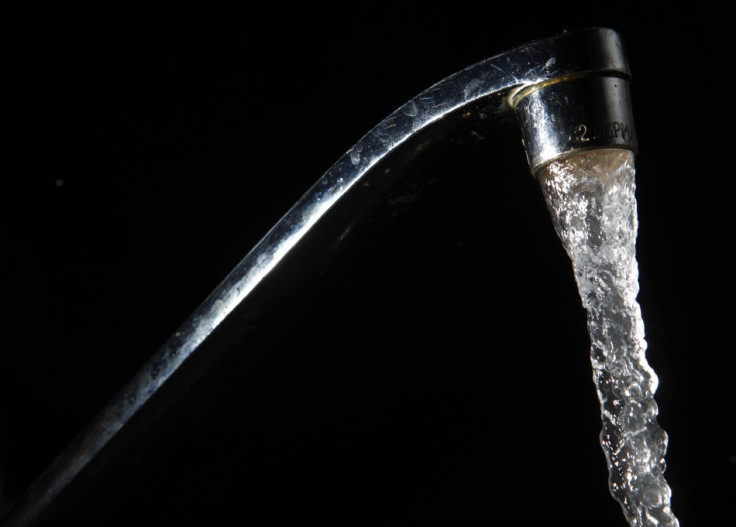When Water is a Weapon of Mass Destruction

Water is used as a weapon of war in ongoing conflicts, the UN has warned.
Secretary-general Ban Ki-moon expressed concern over reports that water supplies in the besieged Syrian city of Aleppo were deliberately cut off by armed groups for eight days, depriving at least 2.5 million people of access to safe water for drinking and sanitation.
Aleppo has had intermittent access to water from the beginning of May 2014, with a total cut in supply on 10 May.
"Preventing people's access to safe water is a denial of a fundamental human right," The UN chief warned. "Deliberate targeting of civilians and depriving them of essential supplies is a clear breach of international humanitarian and human rights law."
Using water as a weapon to weaken people is a tactic used not only in Syria, but also in the Middle East and Africa, including Iraq, Egypt, Israel and Botswana.
Maude Barlow, spokesperson of the Council of Canadians and Food and Water Watch, told Inter Press Service (IPS) that during the Iran-Iraq war of the 1980s, the Mesopotamian Marshes were drained.
Former Iraqi president Saddam Hussein also drained them further during the 1990s.
The privatisation of water in Egypt was a major factor in the Arab Spring uprising, said Barlow.
She added that Botswana used water as a weapon against the Kalahari bushmen in an attempt to force them out of the desert in 2012.
In Gaza, a conflict lasting more than four decades has made it impossible to develop or maintain water infrastructure, causing the contamination of drinking water .
"Water as a weapon of war is a strong argument to governments and the UN that they must make real the human right to water and sanitation, regardless of other conflicts taking place," the spokeswoman added.
© Copyright IBTimes 2025. All rights reserved.






















